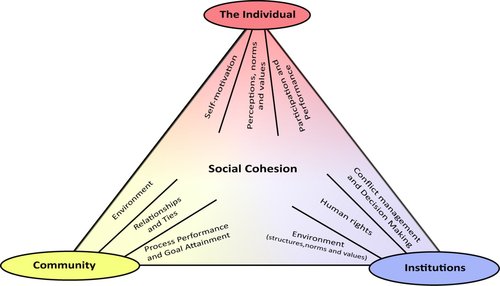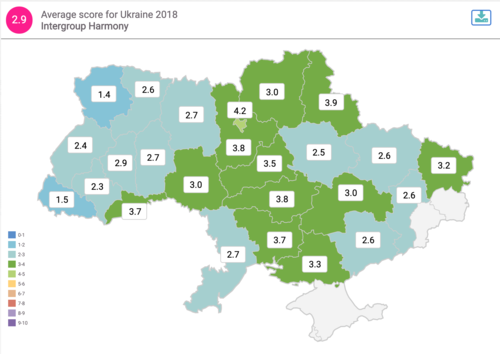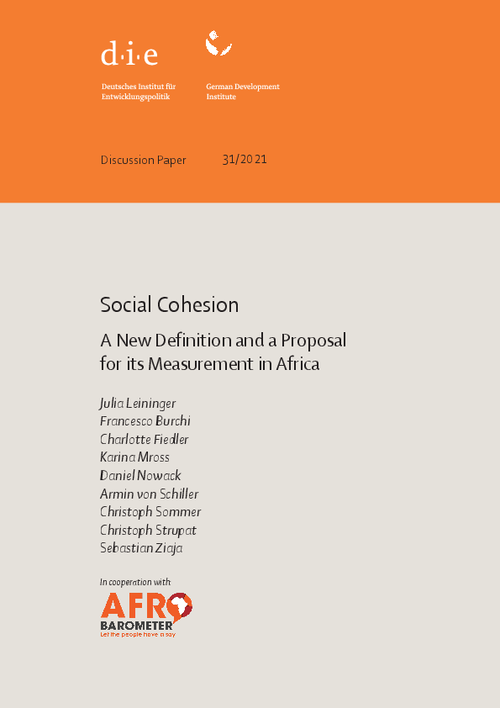Ethnic diversity and its effects on social cohesion
Key facts
Identity/feeling of belonging
Shared values
Summary
Recent years have seen a sharp increase in empirical studies on the constrict claim: the hypothesized detrimental effect of ethnic diversity on most if not all aspects of social cohesion. Studies have scrutinized effects of different measures of ethnic heterogeneity in different geographical areas on different forms of social cohesion. The result has been a cacophony of empirical findings. We explicate mechanisms likely to underlie the negative relationship between ethnic heterogeneity and social cohesion: the homophily principle, feelings of anomie, group threat, and social disorganization. Guided by a clear conceptual framework, we structure the empirical results of 90 recent studies and observe three patterns. We find that (a) there is consistent support for the constrict claim for aspects of social cohesion that are spatially bounded to neighborhoods, (b) support for the constrict claim is more common in the United States than in other countries, and (c) ethnic diversity is not related to less interethnic social cohesion. We discuss the implications of these patterns.




